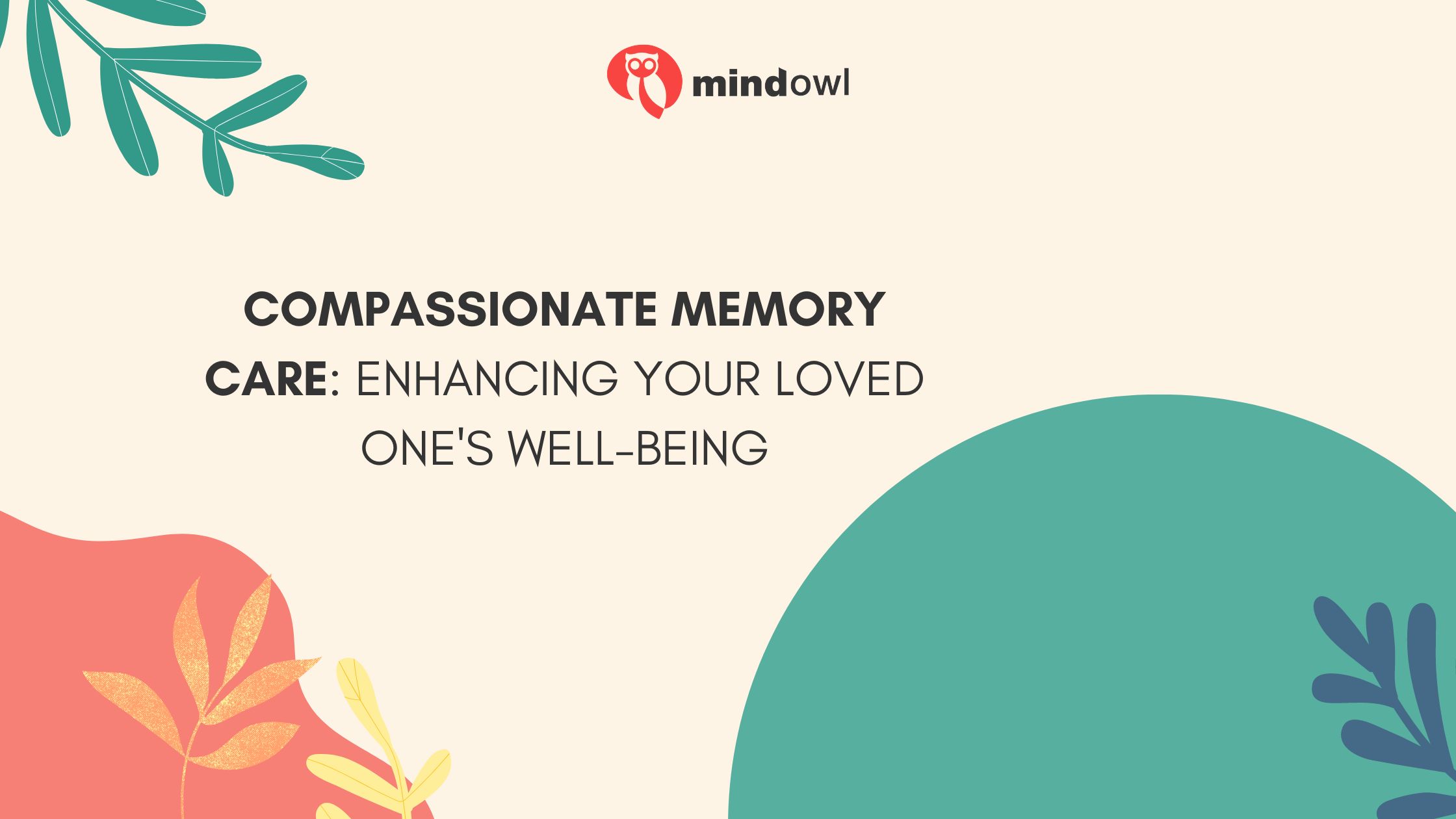When it comes to the well-being of our loved ones, especially those facing cognitive challenges, the significance of specialized memory care cannot be overstated. Memory-related disorders, such as Alzheimer’s disease and dementia, pose unique and often complex caregiving challenges. Compassionate 24 hour memory care is essential to ensure the highest quality of life for individuals living with these conditions.
The Role of Memory Care
Memory care is specialized long-term care for those with cognitive impairments. It offers personalized support and dignity to enhance their quality of life. It provides a structured and supportive environment, focusing on enhancing their overall quality of life. Here, we delve into the various aspects of memory care and how it is crucial to your loved one’s well-being.

Tailored Care Plans: Personalized Approach
A fundamental tenet of 24 hour memory care revolves around the creation of individualized care plans. These plans undergo meticulous crafting, taking into account the unique needs, preferences, and the stage of cognitive condition for each resident. The customization of care approaches within memory care facilities is paramount, as it guarantees that every resident receives the utmost effective support tailored to their specific requirements. This personalized care not only addresses the immediate needs of residents but also evolves with them as their cognitive condition progresses, ensuring a comprehensive and adaptive approach to their well-being. Such tailored care plans are a cornerstone of compassionate memory care, fostering improved quality of life for residents.
Safe and Comfortable Living Spaces
Memory care facilities are designed with the safety and comfort of residents in mind. They feature secure environments with measures to prevent wandering and ensure the safety of residents. These facilities often have memory-friendly layouts, minimizing confusion and anxiety for residents.
24-Hour Supervision and Support
One of the hallmarks of memory care is the round-the-clock supervision and support provided by trained professionals. This constant presence ensures that residents receive immediate assistance whenever needed, enhancing their sense of security and well-being.
Engaging Cognitive Activities
Memory care programs offer engaging cognitive activities tailored to residents’ abilities and interests. These activities stimulate mental faculties, promote social interaction, and help maintain cognitive function as much as possible. Such activities can benefit your loved one’s cognitive and emotional well-being.
Nutrition and Wellness
Proper nutrition is essential for overall health; memory care facilities recognize its significance. They provide balanced meals that meet the dietary needs of residents. Additionally, healthcare professionals closely monitor residents’ health, ensuring they receive the necessary care and attention to maintain their well-being.
Medication Management
For individuals with memory-related disorders, proper medication management is crucial.
Memory care facilities have trained staff who administer medication, ensuring residents receive their prescribed treatments accurately and on schedule. This level of supervision helps prevent potential medication-related complications.
Support for Families
Memory care facilities understand that families play an important role in the well-being of their loved ones. They offer support and education to families, helping them better understand challenges their loved ones face. This support can include guidance on effective communication strategies, coping mechanisms, and access to resources and support groups.
The Benefits of Memory Care
Choosing memory care for your loved one can have a profound impact on their well-being. Here are some of the critical benefits that compassionate memory care can offer:
- Enhanced Quality of Life: Memory care facilities are designed to improve the quality of life for individuals with cognitive impairments. From personalized care plans to engaging activities, every aspect is geared towards enhancing the residents’ well-being.
- Safety and Security: Memory care facilities provide a secure environment, reducing accidents and wandering risks. This creates a sense of safety and security for the residents, allowing them to live peacefully.
- Specialized Expertise: Memory care staff undergo specialized training better to understand the unique needs of individuals with cognitive disorders. Their expertise ensures the residents receive the appropriate care and support.
- Social Engagement: Memory care programs promote social interaction among residents, helping combat feelings of isolation and loneliness. Building connections with peers can have a positive impact on emotional well-being.
- Maintenance of Independence: Memory care aims to preserve residents’ independence as much as possible. Through carefully planned activities and support, individuals can continue to engage in daily routines and decision-making to the best of their abilities.
Conclusion
Compassionate memory care goes beyond traditional caregiving. It encompasses personalized care plans, secure living environments, engaging activities, and 24-hour support to enhance the well-being of individuals facing cognitive challenges. By choosing memory care, you provide your loved one with the best possible quality of life, ensuring their safety, comfort, and emotional fulfillment. Memory care facilities understand individuals with cognitive impairments’ unique needs, making them well-equipped to provide the specialized care and support your loved one deserves.
MindOwl Founder – My own struggles in life have led me to this path of understanding the human condition. I graduated with a bachelor’s degree in philosophy before completing a master’s degree in psychology at Regent’s University London. I then completed a postgraduate diploma in philosophical counselling before being trained in ACT (Acceptance and commitment therapy).
I’ve spent the last eight years studying the encounter of meditative practices with modern psychology.

